- Community
-
Programs
- Schools
-
Careers
- RN Specialties
- Best RN Jobs and Salaries
- Aesthetic Nurse
- Nursing Informatics
- Nurse Case Manager
- NICU Nurse
- Forensic Nurse
- Labor and Delivery Nurse
- Psychiatric Nurse
- Pediatric Nurse
- Travel Nurse
- Telemetry Nurse
- Dermatology Nurse
- Nurse Practitioner
- Best NP Jobs and Salaries
- Family NP (FNP)
- Pediatric NP
- Neonatal NP
- Oncology NP
- Acute Care NP
- Aesthetic NP
- Women's Health NP
- Adult-Gerontology NP
- Orthopedic NP
- Emergency NP
- Psychiatric-Mental Health NP (PMHNP)
- APRN
- Nurse Educator
- Nurse Administrator
- Certified Nurse Midwife (CNM)
- Clinical Nurse Specialist (CNS)
- Certified Registered Nurse Anesthetist (CRNA)
- Resources
- Education

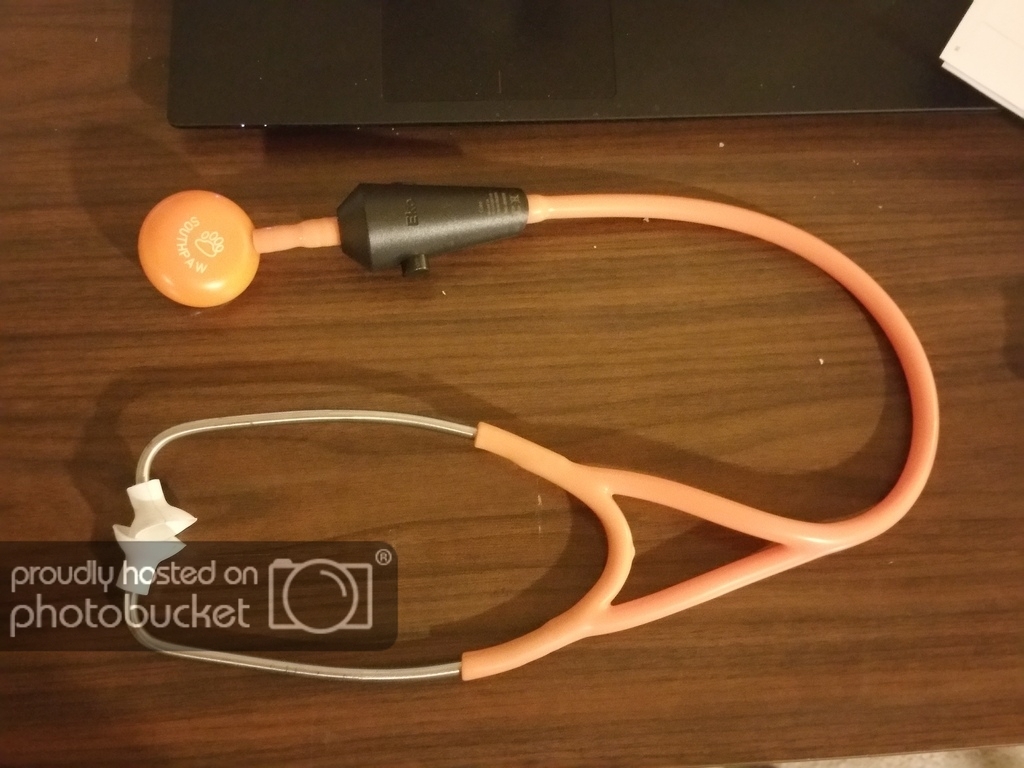
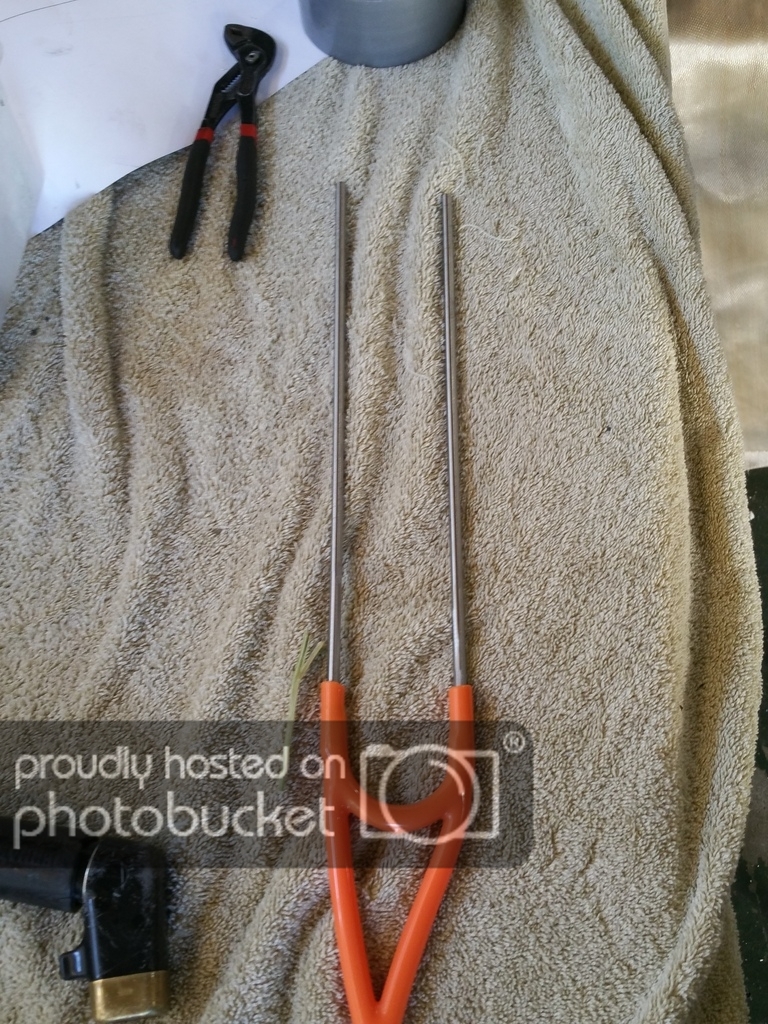
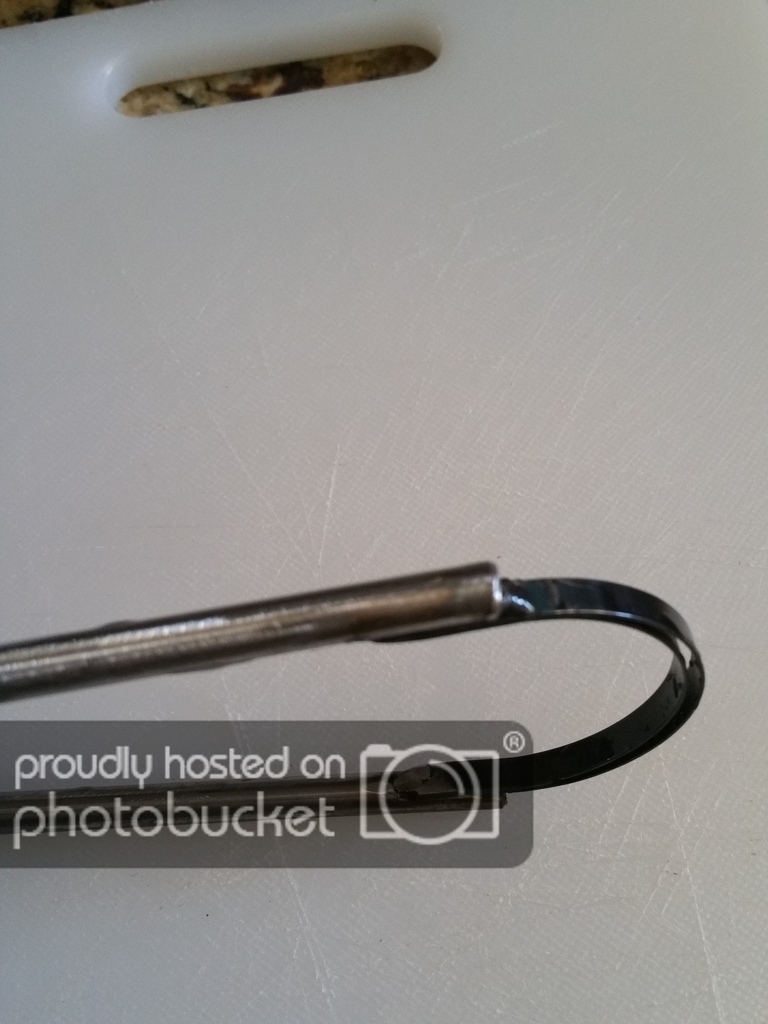
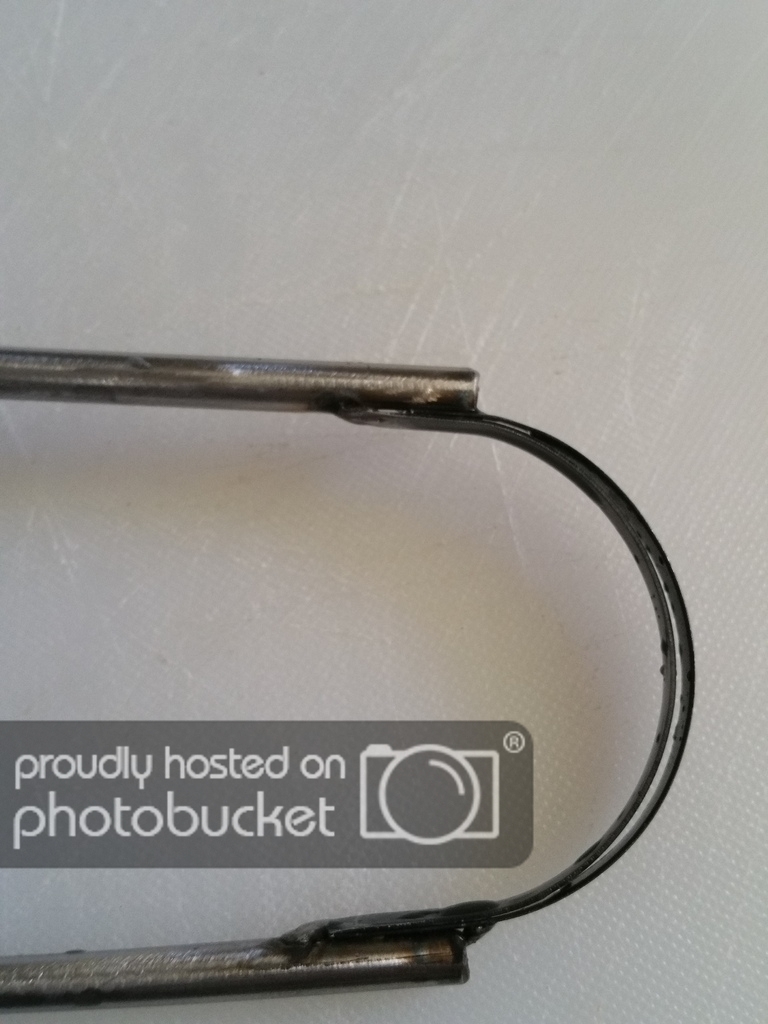
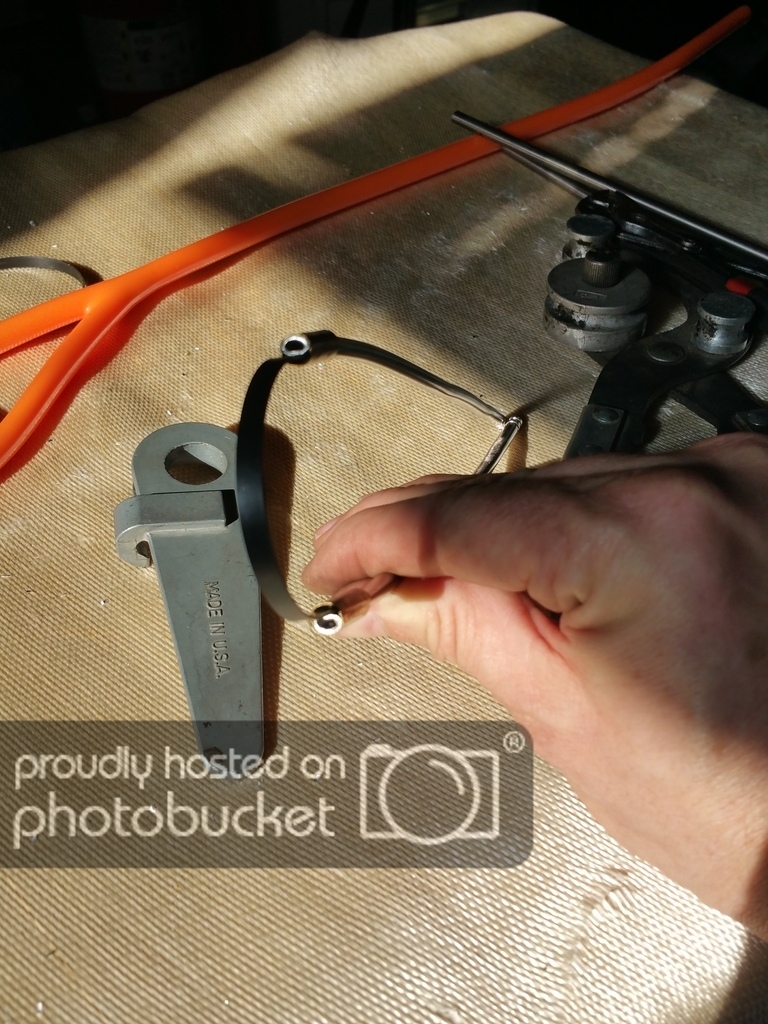
deafnurseintx
8 Posts
Hi, I'm a new poster on AN, have been reading for a while. I know this board isn't very active but I feel this where I can find the specialized answers I need.
About me:
Legally hearing impaired. 100% sensorineural loss in my right ear, severe sensorineural impairment in left ear. I lost my hearing from meningitis as a toddler. I have been mainstream my whole life as I *usually* can carry on daily functions without even the need for an aid. I do wear a mini-BTE on my left ear that I love.
I am also an L&D nurse, formerly nursery/NICU, telemetry/step-down, and ortho trauma. I have been a nurse for 6.5 years, and am in my first semester of my master's, working towards my FNP.
My first stethoscope was a Cardionics E-scope. I didn't love it, but it was all that was available in 2008 when I started nursing school. I now use a Littmann Electronic 3100. I can use it with my aid in, but it works better with my aid out. I love it because I use it like a normal stethoscope, and it is really helpful in identifying murmurs in newborns.
So now to my question.
I have been having serious sinus/allergy issues for the past several months that impact my hearing. What little hearing I do have, goes away completely when my sinuses get clogged. I've been in and out of my ENT's office and they're at a loss. Steroids are the only things that help, but I can't stay on those forever for fear of messing up my adrenal system and putting me at risk for diabetes. My primary ENT told me this morning that cochlear implants are probably in my future. I asked about compatibility with stethoscopes, and he said, "maybe." As in, maybe I might be able to find some compatibility.
Does anyone with a CI use a stethoscope, and what kind?
Thank you!
p.s. any stories about working with patients with a CI, and just any stories/tips about adjusting to a CI, would be great. I've been dreading this and am very anxious about it. I'm a planner by nature, so if I could know what to expect, it would decrease my anxiety. Thank you again.